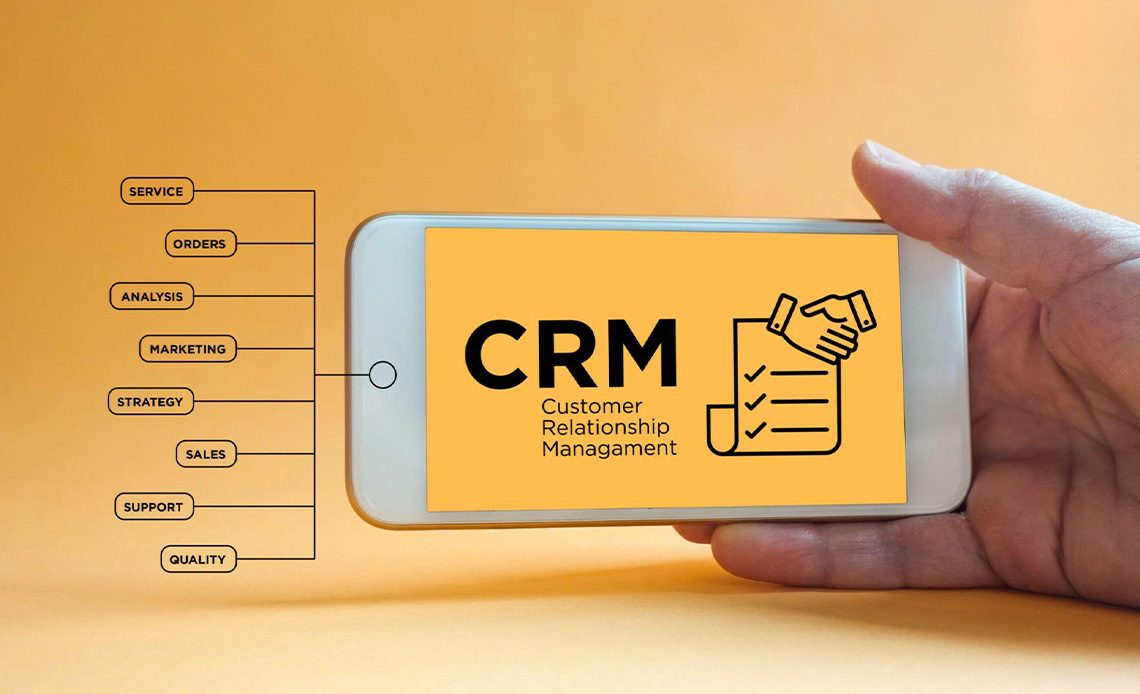Introduction:
In today’s rapidly evolving business landscape, organizations must continuously seek innovative approaches to stay competitive. Customer Relationship Management (CRM) systems, traditionally associated with sales and marketing, are increasingly proving their value in procurement as well. By integrating CRM into procurement processes, companies can unlock a range of strategic advantages. In this blog post, we will delve deeper into the benefits of leveraging CRM in procurement and explore how it can revolutionize your organization’s procurement strategy.
Improved Supplier Selection and Evaluation:
CRM systems provide a robust framework for supplier selection and evaluation. By centralizing supplier data, including past performance, product quality, and responsiveness, procurement teams gain valuable insights that drive informed decision-making. CRM tools enable the creation of supplier scorecards, making it easier to compare suppliers objectively based on predefined criteria. This helps identify the most suitable suppliers, foster stronger partnerships, and align procurement strategies with the organization’s overall goals.
Enhanced Supplier Collaboration:
Effective collaboration with suppliers is essential for successful procurement outcomes. CRM systems offer dedicated portals or communication channels where suppliers can access relevant information, submit bids, and interact with procurement teams. This streamlines the exchange of documents, feedback, and updates, fostering transparent and efficient collaboration. By providing a seamless platform for supplier engagement, CRM strengthens relationships, reduces communication gaps, and accelerates procurement cycles.
Real-Time Data Visibility:
CRM systems provide real-time visibility into procurement data, empowering organizations to make agile and data-driven decisions. By integrating CRM with other procurement tools, such as contract management or inventory systems, organizations can access comprehensive information on supplier contracts, inventory levels, and pricing agreements. This visibility enables proactive decision-making, allowing procurement teams to identify cost-saving opportunities, optimize inventory levels, and negotiate favorable terms with suppliers.
Enhanced Compliance and Risk Management:
Compliance and risk management are critical aspects of modern procurement. CRM systems can help organizations ensure compliance with regulatory requirements and internal policies by maintaining a centralized repository of supplier certifications, audits, and compliance documentation. Moreover, CRM tools allow for continuous monitoring of supplier performance and potential risks. By implementing proactive risk mitigation strategies based on real-time data, organizations can minimize disruptions, protect their brand reputation, and maintain a resilient supply chain.
Strategic Sourcing and Cost Optimization:
CRM systems enable organizations to adopt a strategic approach to sourcing and cost optimization. By analyzing historical procurement data, organizations can identify cost-saving opportunities, negotiate better pricing, and optimize supplier relationships. CRM tools facilitate spend analysis, allowing procurement teams to consolidate purchasing volumes, identify areas of maverick spending, and leverage economies of scale. This strategic sourcing approach results in significant cost reductions and improved overall profitability.
Continuous Improvement and Innovation:
CRM systems support continuous improvement and innovation in procurement. By tracking supplier performance, analyzing customer feedback, and monitoring market trends, organizations can identify areas for improvement and innovation. CRM tools facilitate feedback mechanisms and supplier performance evaluations, encouraging suppliers to enhance their products or services continually. This fosters a culture of collaboration and innovation, ensuring that procurement processes remain efficient, competitive, and aligned with changing business needs.
Conclusion:
Integrating CRM into procurement processes offers organizations a strategic advantage in today’s fast-paced business environment. By leveraging CRM’s capabilities, including improved supplier selection, enhanced collaboration, real-time data visibility, compliance management, strategic sourcing, and continuous improvement, organizations can transform their procurement operations. CRM empowers procurement teams to make data-driven decisions, optimize costs, mitigate risks, and nurture strong supplier relationships. Embracing CRM in procurement is a progressive step towards achieving procurement excellence and driving sustainable business growth.




